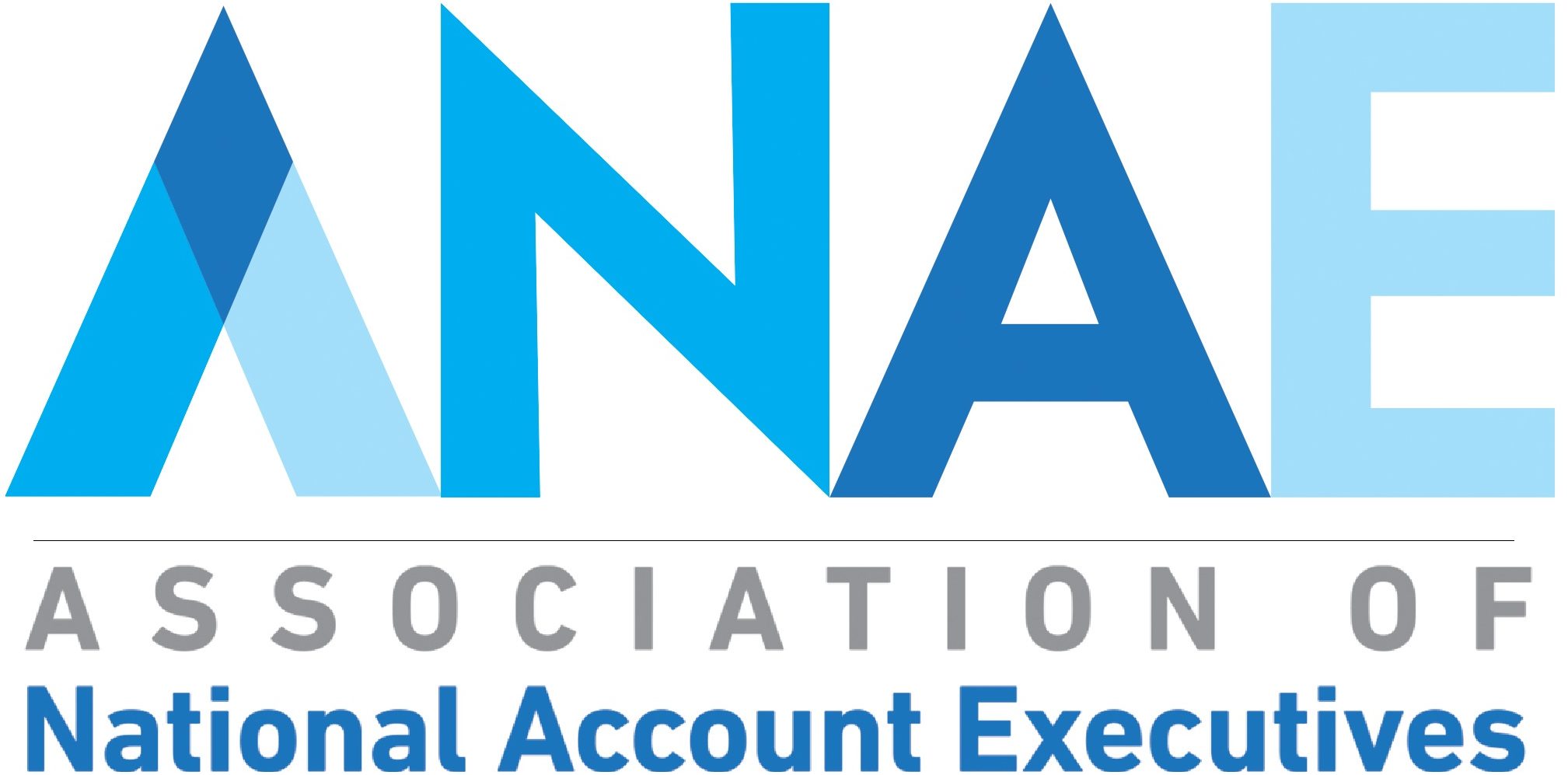Michael Berryhill, COO of HealthTrust (Nashville, TN), joined John Pritchard, Publisher of the Journal of Healthcare Contracting, to discuss the GPO, the difference between for-profit and not-for-profit health systems, what’s changed during the pandemic, IDNs’ reliance on their GPOs, and large and small supplier bidding after the pandemic. This was from the Learning from Leaders Webinar Series with ANAE, the Association of National Account Executives.
- HealthTrust operates from the lens of a provider
HealthTrust is a GPO and performance improvement company organized as a limited partnership. It’s a wholly owned, indirect subsidiary of HCA Healthcare (Nashville, TN), a for-profit operator of healthcare facilities. The foundation of the company’s model is aligned decision making by clinical leaders and member advisory boards with a patient-focused mission.
“We have supply chain accountability for HCA Healthcare,” said Berryhill. “That mindset helps us operate the industry’s only national committed model. We’re accountable for the outcomes of our processes. We operate with transparency so other members can participate in the governance of our contract awards.”
“The committed model doesn’t work for every IDN,” added Berryhill. “But we think that model is a good way to drive value and a high degree of flexibility.”
More than 1,600 hospitals and 55,000 non-acute facilities partner with HealthTrust. It offers comprehensive advisory services helping providers make the most of the supply chain, clinical integration and workforce capabilities. Its sister company, Parallon, optimizes financial health of clients addressing complex challenges spanning the revenue cycle.
- Clinical agendas are the same between for-profit IDNs and not-for-profit IDNs
HealthTrust has a relationship with most of the for-profit sector including six of the 10 largest IDNs by bed count. But 62% of its membership is not-for-profit, “Which might surprise you,” said Berryhill.
“The clinical agenda is the same between the for-profit and not-for-profit sectors,” he said. “They share nursing shortages and supply costs rising due to the pandemic, for example. The expenses everyone has incurred are similar, as well as other supply chain issues like the recent winter storm in Texas.”
Raw materials, PPE, and the cost of nursing and labor has put pressure on both sectors, which they put back on their GPOs. “In turn, suppliers will feel pressure that they can’t sustain,” added Berryhill. “We’re entering a marketplace of inflation that will challenge some providers.”
“Think about how an IDN adds new product to their supply chain,” said Berryhill. “There’s more rigor on the investor-side but there’s clinical similarity between for-profit and not-for-profit. You don’t treat them much differently.”
- HealthTrust focuses on pricing and breadth of coverage, but the pandemic brought changes to some priorities, most notably greater visibility into suppliers and distributors
HealthTrust’s top priorities are pricing and breadth of coverage, according to Berryhill.
But the pandemic brought about challenges unforeseen. That led to HealthTrust wanting more visibility into supply chain risks. “We’re asking our supplier partners in spades these days – it’s more a part of our process now – as well as greater visibility into our distributors to better understand where the risk is.”
HealthTrust had already begun asking these questions of suppliers and distributors before the pandemic due to natural disasters like flooding and hurricanes in Florida and Texas, for example as well as a possible tariff war driven by the previous U.S. administration.
“We were worried about that risk and what it would look like,” said Berryhill. HealthTrust continues to explore options like alternative choices, domestic and nearshore possibilities and expanding capabilities in purchased services and commercial categories.
“We launched Valify Solutions Group after HCA Healthcare acquired Valify,” said Berryhill. “It’s an independent GPO for purchased services that isn’t exclusive. It’s a different type of GPO arrangement than we’ve ever had.”
He explained it sells purchased services in more of an a la carte fashion versus a committed GPO model.
- Even the most sophisticated IDNs don’t have the expertise to manage everything
There’s a large variety of sophistication within IDNs. But even the most sophisticated don’t have enough expertise to cover what the GPOs bring to the table, according to Berryhill.
“The playing fields are massive,” he said. “It’s cost prohibitive for an IDN to try to bring value across its entire enterprise, which wouldn’t be an effective way to do it. That’s where a GPO brings scale and innovation.”
- Every supplier, large and small, has the right to bid
HealthTrust vets all suppliers through clinical boards. Each supplier has the right to bid and register for the process.
“We break down categories more than our customers would like us to,” said Berryhill. “But our sourcing teams are looking to create more competition and creating niche categories adds more value.”
HealthTrust is cautious about bundling unrelated products, he said. It doesn’t want a multinational supplier relationship affecting multiple spaces.
“A lot of that comes from me,” explained Berryhill. “There was a lot of effort by the industry in my early days not to bundle unrelated products.”
The Learning from Leaders Webinar Series features supply chain leaders from top IDNs and health systems across the country. It is available to ANAE members. Click here to join ANAE today!
